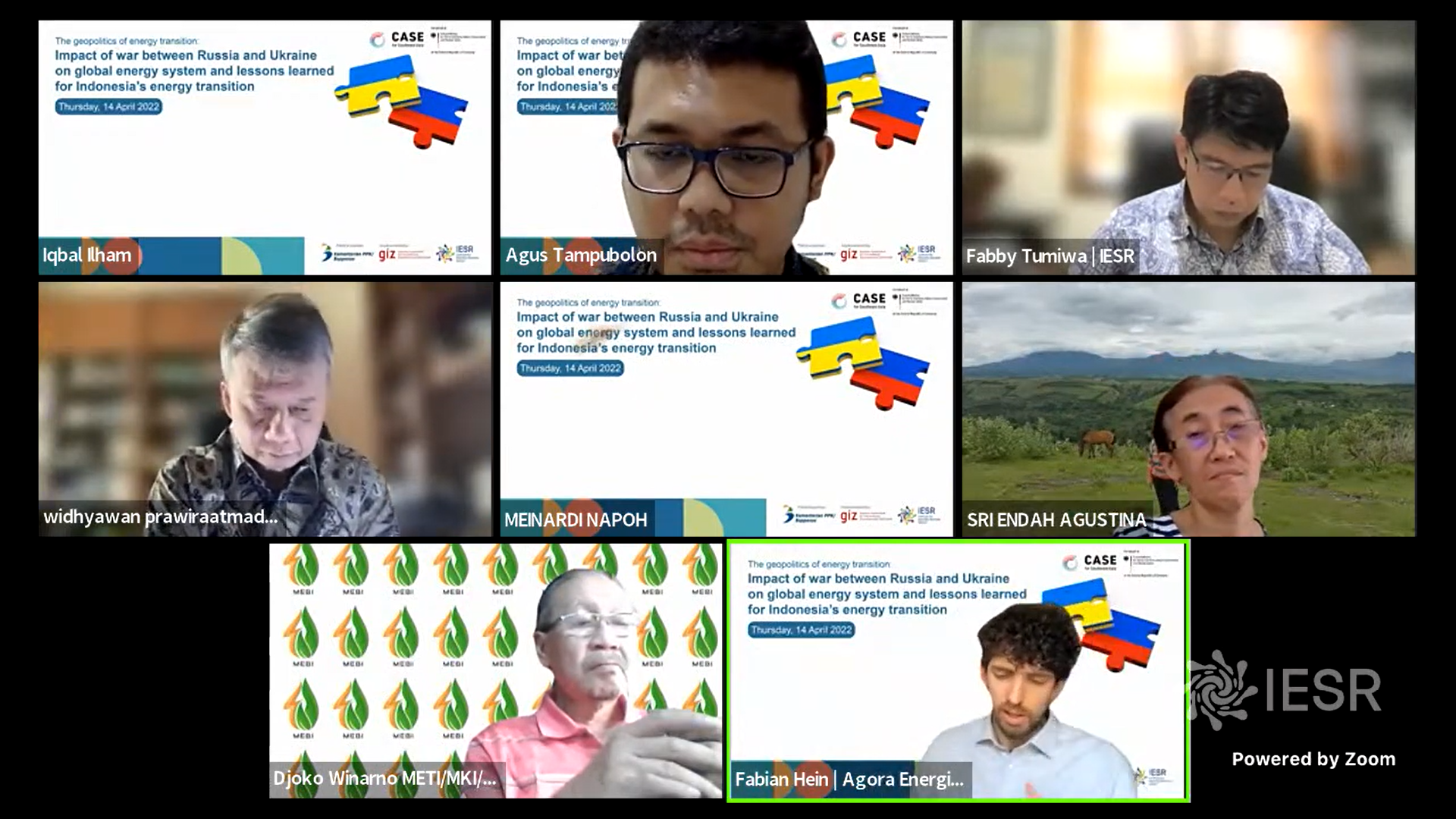Jakarta, April 14, 2022 - The military conflict involving Russia and Ukraine is still ongoing. A number of direct and indirect impacts have begun to be felt by a number of countries, especially European countries because Russia is one of the main suppliers of gas and oil for a number of European countries.
Russia's political…

